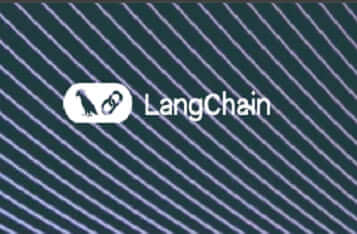Europe Embraces Instant Payments: Ripple Insights
An Accelerated Shift to Instant Payments Across Europe
Instant payments are becoming the transaction method of choice for consumers and businesses across the European Union and the United Kingdom. Entities like the European Commission (EC) are driving this progress, striving to build a more resilient financial infrastructure and make instant payments universally available.
Payment Services Directive 3 (PSD3) and the Payment Services Regulation (PSR)
In June 2023, the EC published proposals for the Payment Services Directive 3 (PSD3) and the Payment Services Regulation (PSR) to keep pace with the rapid developments in the electronic payments market. The financial data access and payments package aims to sustain an efficient market for retail financial services, ensuring the same rules across the EU, clear information on payments, instant payments, consumer protection, and a wide choice of payment services.
Challenges with Instant Payments
Despite these advancements, challenges persist. One in three EU payment service providers does not offer instant euro payments, and up to 70 million payment accounts in the euro area do not allow holders to send and receive instant payments. In many cases, instant payments cost much more than traditional money transfers—often as much as €30 per payment.
UK's Faster Payments System
In the UK, the Faster Payments System enables swift and secure transactions between UK bank accounts, 24 hours a day. This system saw a 14% increase in payments processed in Q2 of 2023 compared to the same time the previous year.
Highs and Hiccups with New Payments Systems
Pan-European payments collaborations often face challenges, as seen with the European Payment initiative and the more recent P27 initiative. Conflicting interests and misalignment among coalitions, plus a lack of critical mass participants, are problematic.
Trends Supporting Instant Payments
A few key trends are supporting the accelerated adoption of instant payment methods across Europe. The European Central Bank is exploring a digital euro that would offer a pan-European payment solution under European governance. Financial institutions will need to move quickly to onboard and implement institutional-grade digital asset software infrastructure to keep up with demand and offer digital euro services to their customers.






